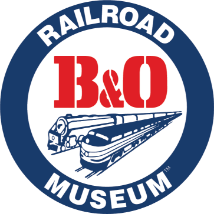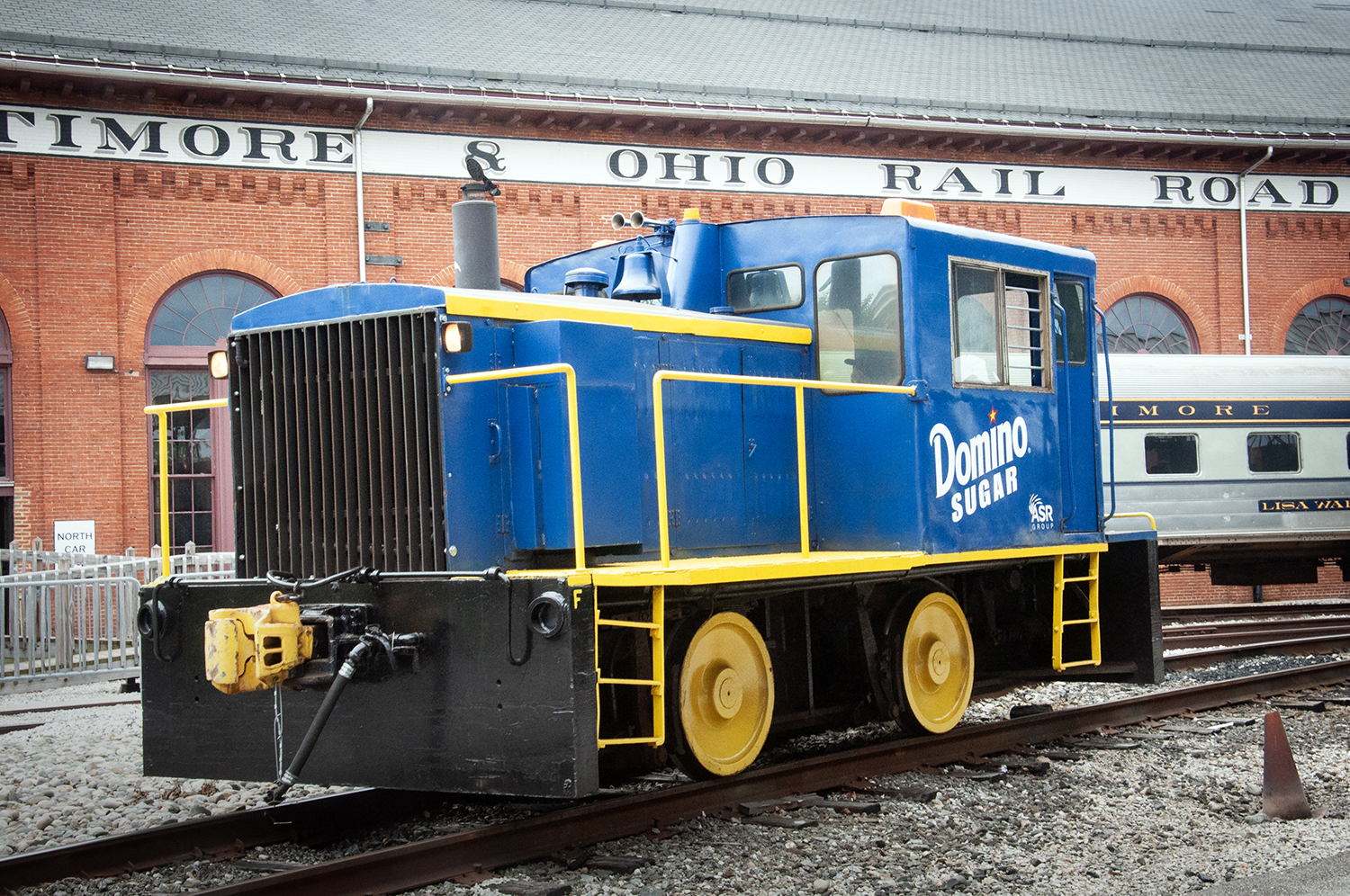Quick Facts
| Name | "Sweet Toot" Switcher |
|---|---|
| Manufacture Date | 1950 |
| Railroad Of Record | Domino Sugar |
| Manufacturer | Plymouth Locomotive Works |
Description
Virtual Tour:
About the Domino No. 50 “Sweet Toot” Switcher:
This diesel-electric switcher was built in 1950 by Plymouth Locomotive Works in Plymouth, Ohio. Between 1910 and 1997, Plymouth produced roughly 7,500 switcher locomotives for industrial use. For its first 17 years, the company exclusively manufactured gasoline-powered locomotives.
In 1992, this switcher was acquired by the Domino Sugar refinery at the Baltimore Harbor. The car was numbered Domino No. 50, but it remained nameless until 2016, when a public naming competition was hosted. Over 700 names were submitted, and “Sweet Toot” was chosen as the winner. It was around this time that the engine also received some mechanical upgrades and a new coat of paint.
Founded in 1922, Domino Sugar is a Baltimore City icon. The iconic neon Domino Sugar sign is an iconic fixture on the Baltimore skyline. With a lot of help from the railroad, the refinery imports about 800,000 tons of raw sugar to the Port of Baltimore and exports roughly 14% of the nation’s processed cane sugar. Over 40 different sugar products are shipped out of the refinery.
“Sweet Toot” worked for Baltimore’s Domino Sugar refinery until 2019. For nearly 3 decades, the locomotive was used as an industrial yard switcher, pulling empty railcars into the refinery, and pushing
out cars filled with liquid or granulated sugar. Filled cars would be brought to the end of the Domino yard, where they would be picked up by a CSX train for nationwide distribution. During the “Sweet Toot’s” last year of service alone, the Domino Sugar refinery produced approximately 1,100 railcars full of sugar.
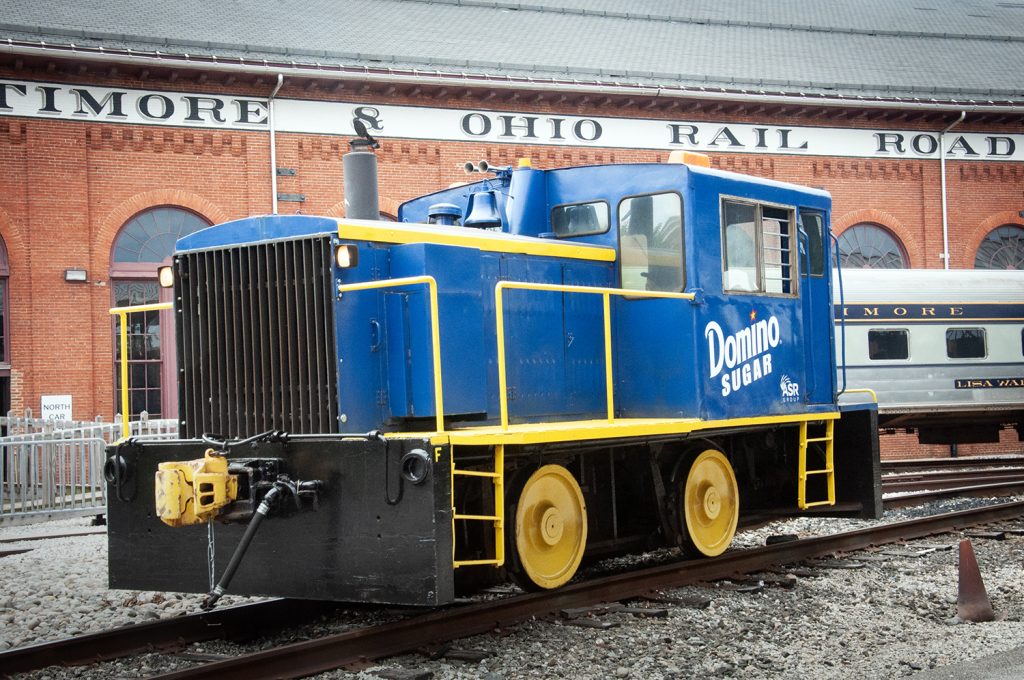
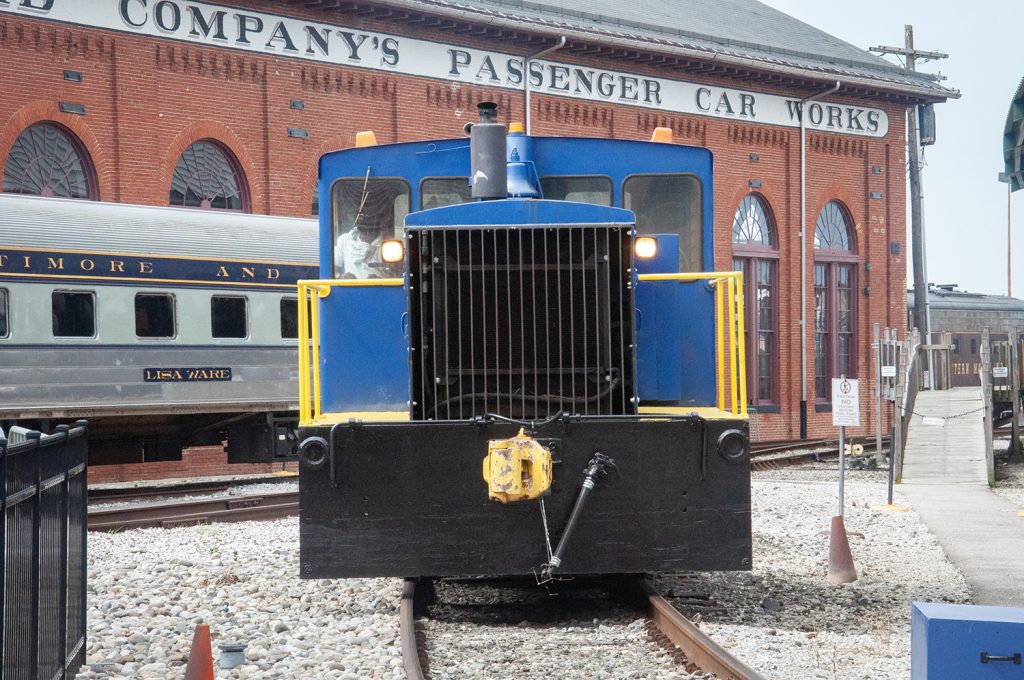
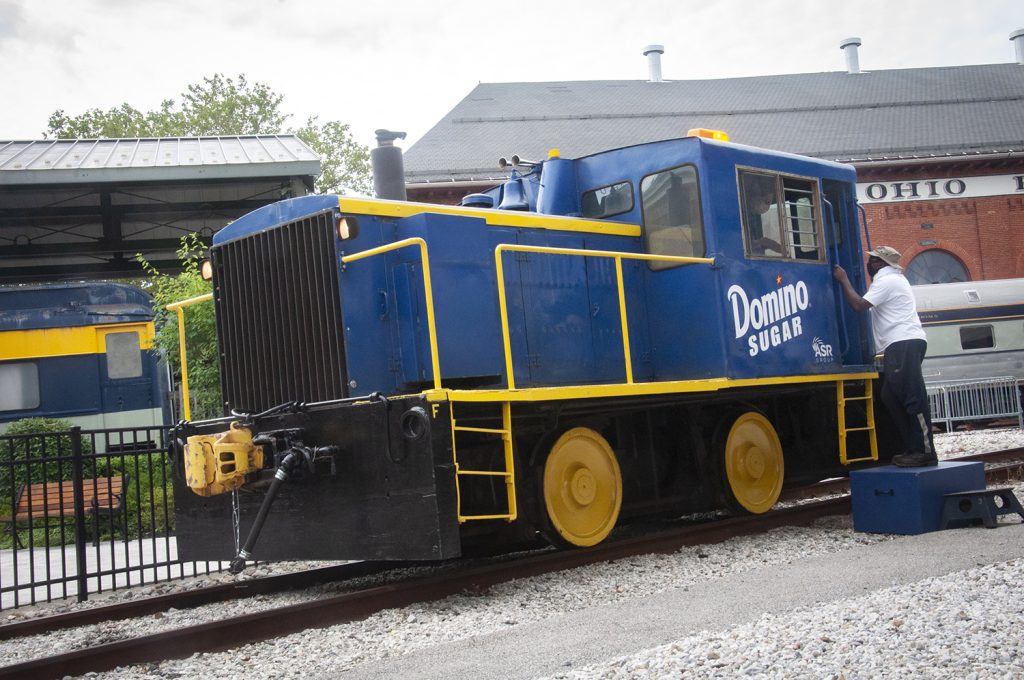
Can't Get Enough?
There’s even more to explore. Check out this and other unique pieces from our collection.
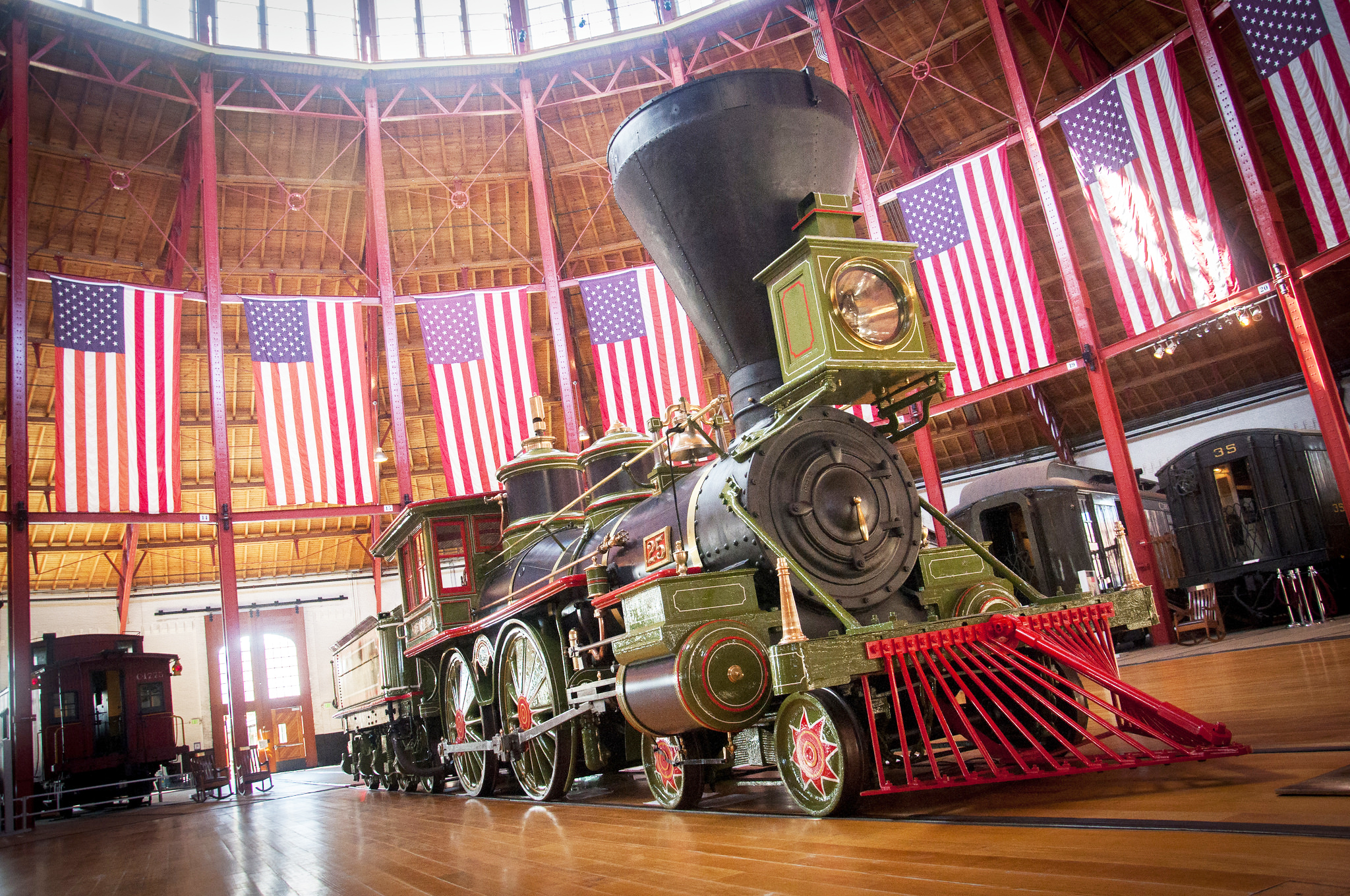
Did You Know?
President Lincoln was safely transported by the B&O Railroad from Baltimore to DC for his inauguration under the threat of assassination.
